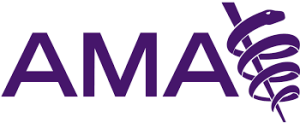
Image: ama-assn.org
A longtime Maryland private practitioner, Uzi Ben-Ami, PhD, offers psychotherapy services to patients that include families, individuals, and children. Among the areas in which Uzi Ben-Ami, PhD, has extensive experience are bipolar disorder, PTSD, and trauma-related stress.
A recent Journal of the American Medical Association paper brought attention to “Project Remission” and the potential of expedited PTSD care to achieve positive results. Spanning several Army medical centers and veterans centers, the study compared the conventional eight-week “Spaced-PE” prolonged exposure therapy course with a two-week intensive “Massed-PE” course.
Prolonged-exposure therapy typically involves weekly counseling sessions that center on the repeated recounting of the traumatic memories associated with PTSD. Patients listen to recordings of these experiences over a period of months and also engage in field trips that bring them to places connected with persistent anxieties.
The newly developed Massed-PE approach compresses this approach with audio recordings listened to on a daily basis. In addition to field trips, participants engage in controlled breathing training and receive PTSD education. Concerns that the compressed program would prove overwhelming to participants proved unfounded, with the 14 percent dropout rate associated with “Massed-PE” significantly less than the 25 percent dropout rate associated with “Spaced-PE.”
While many long-term obstacles concerning successful recovery from combat-related PTSD remain unresolved, the findings suggest that many cases can be treated to remission through an intensive approach.